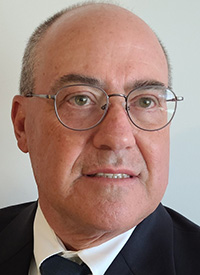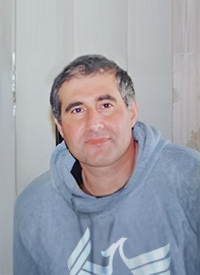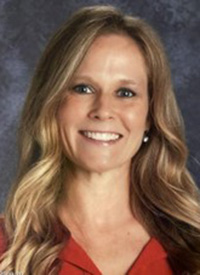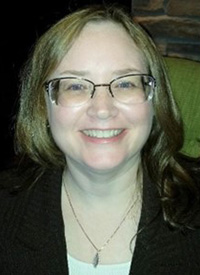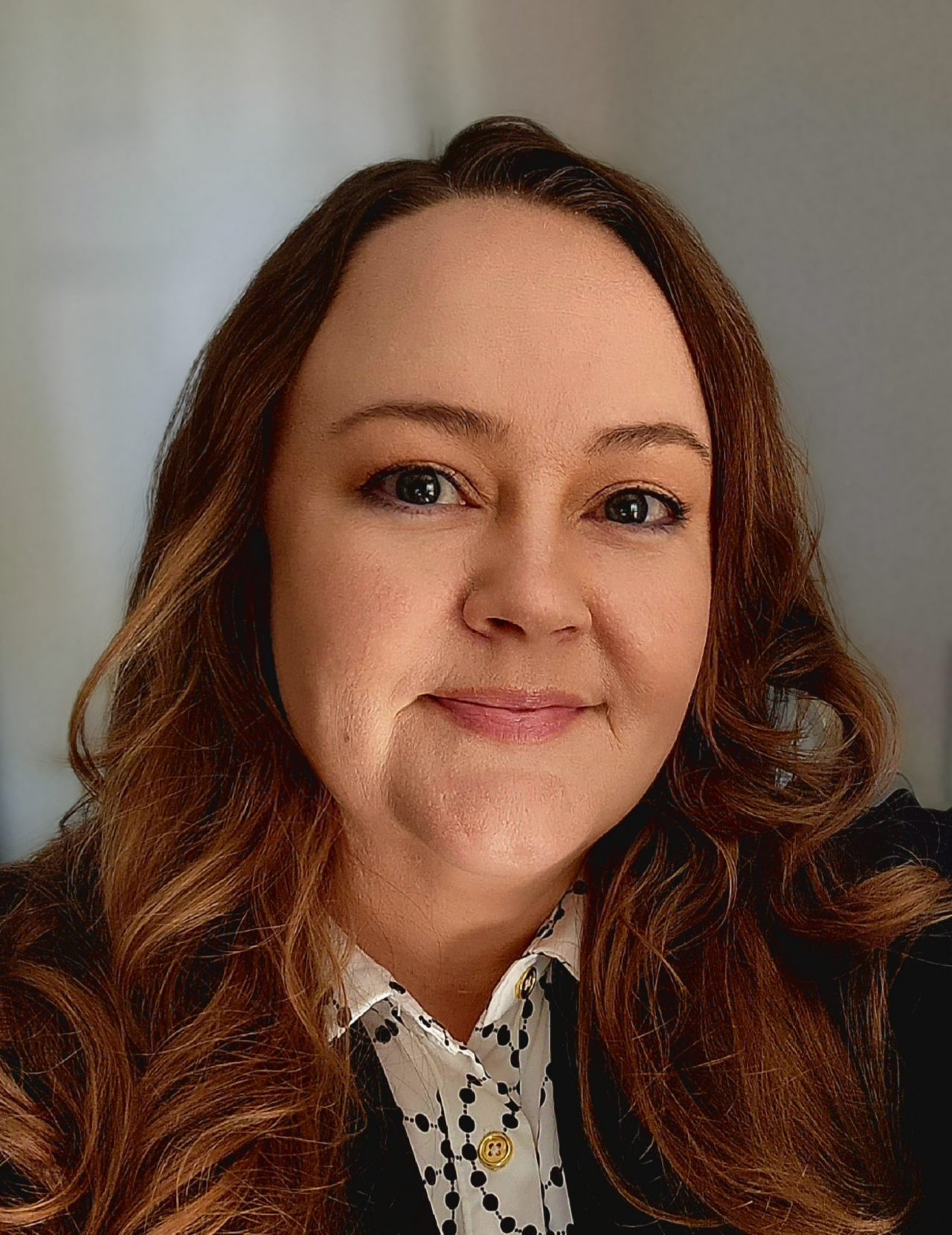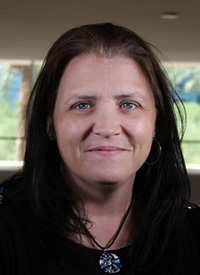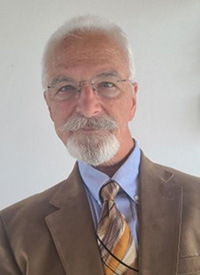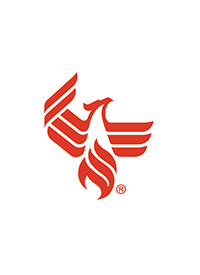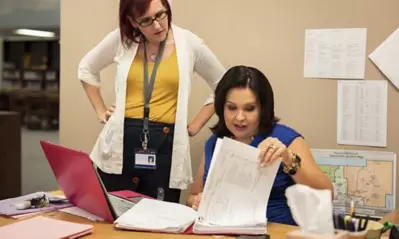College of Doctoral Studies
Center for Educational
and Instructional
Technology Research
Advancing the learning community through research
Research Chair: Mansureh Kebritchi, Ph.D. | Associate Research Chair: Stella Smith, Ph.D.
Research Chair: Mansureh Kebritchi, Ph.D.
Associate Research Chair: Stella Smith, Ph.D.
About the center
The CEITR is the go-to department for faculty, staff, students, and alumni who are passionate about using technology-based tools, learning theories, and instructional strategies to promote quality teaching and learning. With a strong focus on K-12, higher education, and corporate settings in both online and face-to-face formats, the center proactively tackles the challenges related to online teaching and learning, as well as global trends and issues in education.
The center is a place where students, alumni, and faculty will find the collegiality and socialization necessary for an advanced community of learning. The research will be cultivated and supported in a variety of ways including offering the center membership, research fellowship, or student assistantship.
Become a valued member of the thriving CEITR community of educators and researchers today. This unparalleled opportunity will allow you to take your career to the next level and drive meaningful change in teaching and learning across a variety of settings, from K-12 and higher education to corporate environments. Ensure that you don't miss out on this chance by completing the membership registration form today. Once you complete the registration form we will add you to the Center for Educational and Instructional Technology Research (CEITR) | Microsoft Teams so that you enjoy engaging in the community and stay informed about the latest activities with the center.
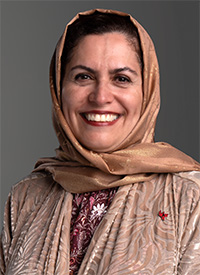
Research Chair
Dr. Mansureh Kebritchi
Dr. Mansureh Kebritchi has a wealth of experiences in teaching, mentoring doctoral dissertations, and supporting faculty members to conduct research and publishing and presenting the results in the field of education.

Assoc Research Chair
Dr. Stella Smith
A qualitative researcher, Dr. Stella L. Smith’s scholarly interests focus on the experiences of faculty and administrators of color in higher education; African American females in leadership in higher education; access and inclusion of underserved populations in higher education, and P–20 educational pipeline alignment.
The center has two major missions:
- Advancing professional development of the center members through:
- Enhancing the research skills of the center members to allow them to engage in long-term, continuous research activity
- Supporting members to integrate research, practice and teaching in the field of education
- Achieving positive contributions to the field of education. To do so, the center focuses on three major tracks for research, which include:
- Studying the improvement of the quality of teaching and learning
- Exploring issues and challenges related to online education
- Investigating global trends and issues in higher education
The goal is to create a center that:
- Forms and supports a network of researchers
- Nurtures the members to evolve into scholar practitioners in the field of educational and instructional technology by going through the cycle of practice, teach, research and reflect
- Supports the members to disseminate their research through presentation and publication
- Enhances the skills of faculty and students to conduct research related to the latest essential topics in the field of education and instructional technology
The vision of the center is to create a dynamic, resourceful center that:
- Forms and supports network of researchers. Conducting research can be a difficult, lonely task. The center connects researchers with common research interests and supports them as they collaborate to complete their research.
- Nurtures the members to evolve into scholar practitioners in the field of education and instructional technology.
To achieve this vision, the Center adopted the following themes of practice, teach, research and reflect.
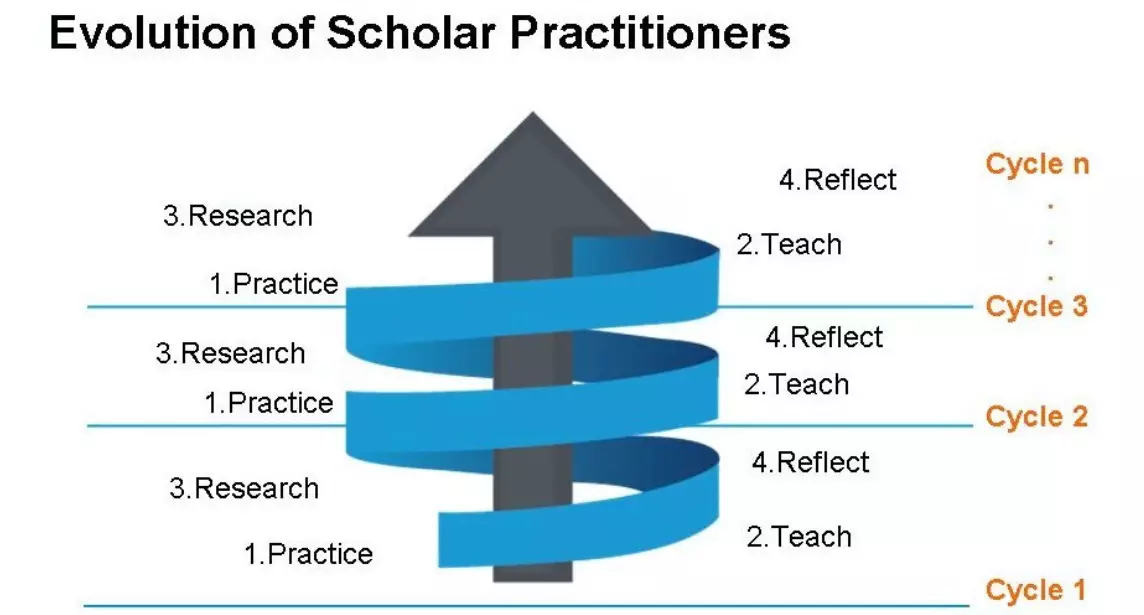
Stage 1: Practice, in which center members apply their knowledge into their workplace.
Stage 2: Using their knowledge and experiences from their practice to teach their students.
Stage 3: Conduct research related to problems or issues identified within their practice and/or teaching.
Stage 4: Reflect, in which they examine what they can learn from their research results. Their reflection will be used in their practice. This stage also includes disseminating the research results by presenting and publishing.
Practice will be the first stage of the next cycle. The cycles may continue endlessly, through which members evolve into scholarly practitioners.
Our research labs offer expertly designed structures for collaborative projects on cutting-edge research topics. We utilize a winning combination of the 3 Ps - fostering people connections, implementing streamlined processes, and delivering exceptional products. The completed projects are proudly showcased and published in highly esteemed peer-reviewed conferences and journals. Our annual projects kick off in January and conclude in December.
To explore the projects review the CEITR Research Lab site. To be part of our yearly projects, simply fill out our registration form.
Explore the AI Research Group dedicated to enhancing the role of Artificial Intelligence (AI) in education. Through innovative research and sharing of valuable resources, this group aims to support the higher education community.
Maximize the impact of your doctoral dissertation by turning it into a published manuscript with our four-month workshop. Gain expertise from seasoned professionals and work closely with your committee members to achieve your goal. Count on full support throughout the process, and seize this comprehensive opportunity to advance your career.
Enroll in our rigorous eight-week workshop that will expertly lead you through a highly structured process to convert your research project into a manuscript that is ready for publication.
The Research Methodology Group is an indispensable community of researchers. It boasts a committee of methodologists who possess unparalleled expertise and interest in social science research methods and designs. Our group offers researchers access to an array of top-quality method resources, office hours, discussion forums, and short-burst learning videos to aid them in their work. Get in touch with the Research Methodology Group for more information and make the most of our invaluable resources today.
Are you a doctoral student seeking to enhance your research skills and acquire valuable experience? We strongly suggest that you apply for a highly-regarded role as a Student Research Assistant at the esteemed Center for Educational and Instructional Technology Research. For additional comprehensive details regarding this exceptional opportunity, visit the webpage for Student Research Assistant.
The Alumni Research and Support Group provides comprehensive support to students and graduates of the College of Doctoral Studies through scholarships, networking opportunities, career advancement resources, and entrepreneurship programs. Rest assured that you will receive expert guidance and knowledge-sharing from UOPX faculty, researchers, alumni, and students. Join us and take your education and career to the next level.
Fellows in Residence
The Fellows in Residence role has been designed to usher in the potentials of like-minded researchers who desire to become part of the research enterprise. The Research Centers implemented the voluntary role in 2020, and has since grown the cadre of fellows who work within each center. We continue to invite those who are interested in becoming fellows to reach out to each center for more information.
Fellow in Residence is a volunteer role with all the perks of building a working role by helping us produce research, join projects, engage in publishing, be part of the Phoenix Scholar editorial board, present, and the list goes on.
For more information on this outstanding opportunity, contact us at EducationalTechnology@phoenix.edu
